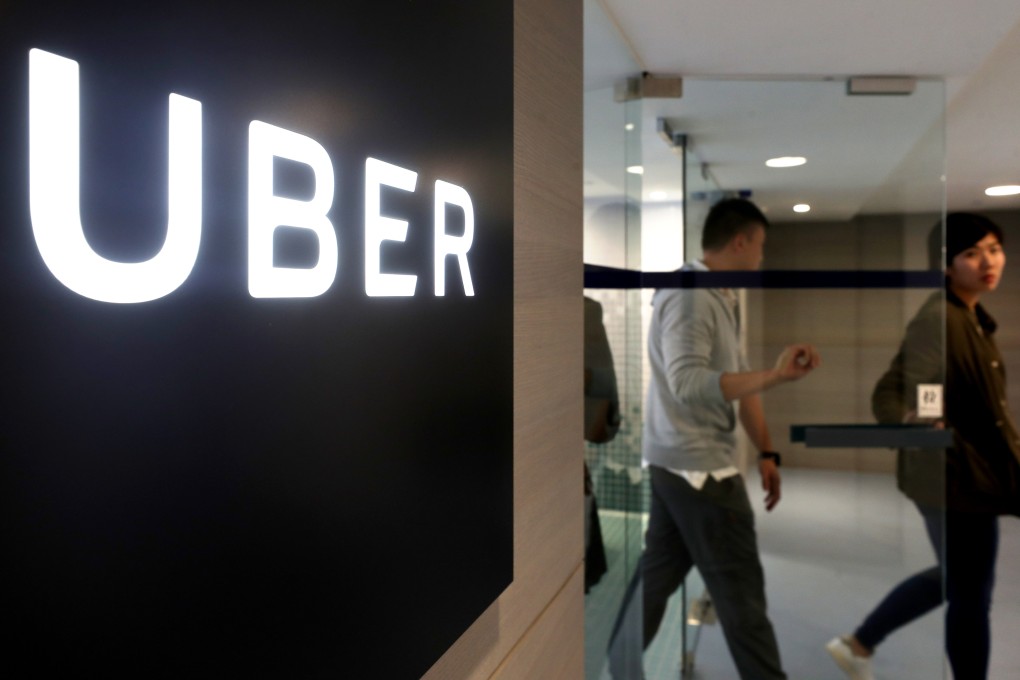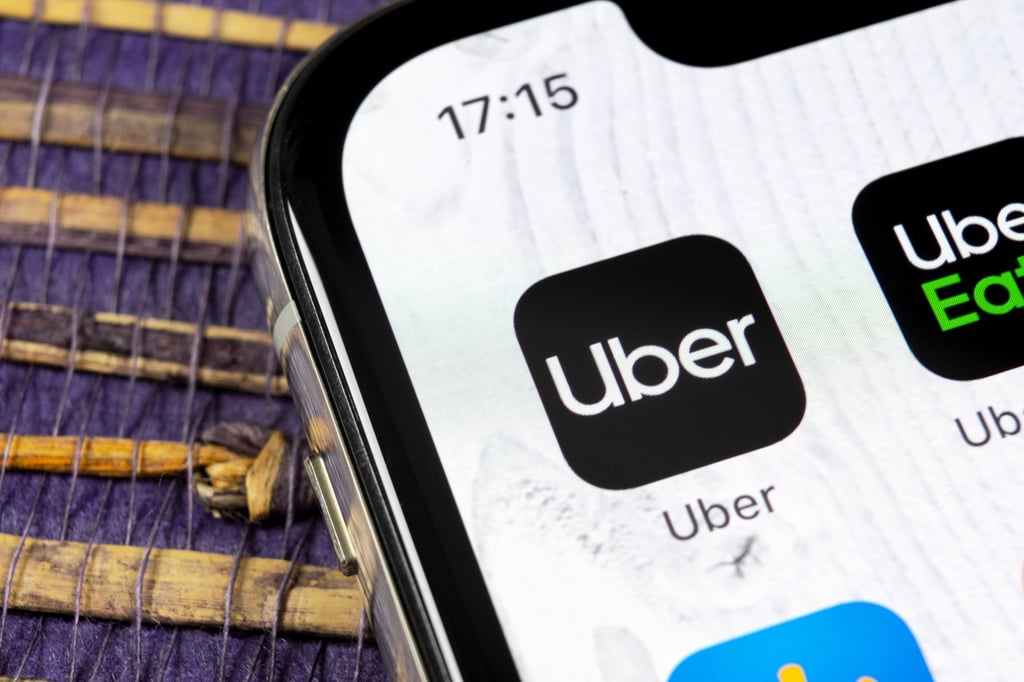Uber to raise fares after Hong Kong government approves similar move by taxis, with adjustments set to kick in on Sunday
- Base fares for more affordable Uber rides to rise by 16 per cent for Hong Kong Island and Kowloon, and 15.4 per cent for New Territories, during peak hours and weekends
- Rise in per-kilometre charges most significant in New Territories, up 27 per cent to HK$5.47 during peak hours, from previous flat rate of HK$4.29

Uber has announced it will raise fares in Hong Kong two days after the government approved a similar move by taxis, with those hailing rides in the New Territories among the most affected.
The announcement, made in an email to its users on Friday, said the “new Uber pricing structure” would be effective on the same day the adjustments for taxis kicked in on Sunday.
The new pricing coincides with reports that the embattled United States-based ride hailing company previously engaged in aggressive behaviour to expand its business.

According to the latest pricing, the base fares for UberX, Flash, Assist and Uber Pet – the firm’s more affordable options – will increase by 16 per cent to HK$21 (US$2.60) for Hong Kong Island and Kowloon during peak hours and weekends, and 11.1 per cent to HK$20 for non-peak hours, from the HK$18 set last year. Fares for the New Territories will go up 15.4 per cent to HK$15, from HK$13 a year ago.
The rise in per-kilometre charges is most significant in the New Territories, up 27 per cent to HK$5.47 during peak hours, from the previous flat rate of HK$4.29. For non-peak hours, the new charge stands at HK$5.21, up 21.4 per cent.
The per-kilometre charge in Kowloon and Hong Kong Island will increase to HK$5.53 from HK$4.75 during peak hours, a 17.3 per cent increase, and to HK$5.26 from HK$4.7 during non-peak hours, marking a jump of 11.9 per cent.
The per-minute fee also goes up significantly for the New Territories to HK$2.27 during peak hours and HK$2.16 during non-peak hours, up from HK$1.71, indicating a 32.7 per cent and 26.3 per cent rise, respectively.